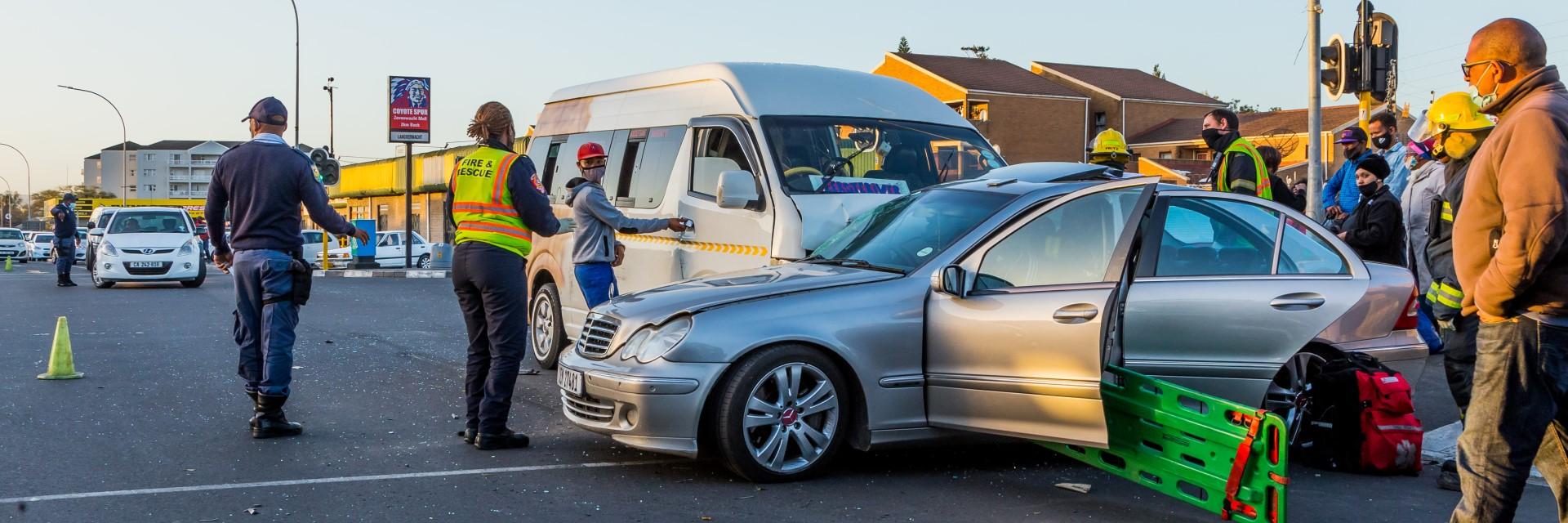Excellencies, distinguished guests, colleagues: I would like to thank the Kingdom of Eswatini for its warm welcome, and above all, its effort in the pursuit of road safety. As we begin today’s work under the aegis of the Kofi Annan Road Safety Award our goals are clear: To save lives on Africa’s roads, to honor innovation and commitment, and to strengthen our determination in fighting the road safety crisis that continues to claim far too many lives.
Road traffic crashes remain one of the greatest threats to human life in Africa. This costs most countries on the continent at least 2 percent of GDP, and as high as 5 percent in some. The savings through improved road safety can close Africa’s infrastructure financing gap.
This makes prioritizing safe mobility a fundamental development issue, combining health, education, economic progress, and social equity. That is why the United Nations has embedded it within the Sustainable Development Goals, recognizing that safe, accessible, and sustainable transport systems are essential for a prosperous future. The second Decade of Action for Road Safety and the SDGs aim to reduce road deaths and injuries by 50 percent, by 2030. And while this is ambitious, it is also necessary; and achieving it requires leadership, investment, and innovation.
The United Nations, under the visionary guidance of Kofi Annan, recognized the urgency of this challenge, and that is why we are working together under his name today. The Economic Commission for Africa has also played a key role in moving this effort forward. They have helped create ways to measure progress, review how countries are doing, and written action plans to make roads safer in Africa. This leadership is clear in important efforts like the African Road Safety Action Plan and the African Road Safety Charter.
The UN Road Safety Fund, and the Global Plan of Action, are also keys to our collective dedication. And as the UN Secretary-General’s Special Envoy for Road Safety, I am fully engaged in promoting road safety conventions, encouraging best practices, and supporting collaboration to reduce traffic fatalities and injuries.
One of the clearest and most immediate steps we can take – following the example of Morocco at the Fourth Global Ministerial Conference in Marrakesh – is to require that two UN-standard helmets be included with every motorcycle sold. This simple, life-saving measure ensures that both riders and passengers are protected. Governments can support making protective head gear more affordable by providing subsidies to local helmet manufacturers for production, waiving or reducing import tariffs of UN standard helmets.
We must find steady, reliable ways to fund road safety. Countries can’t just rely on international help; governments need to make road safety a part of their national budgets, infrastructure plans, and partnerships with both public and private groups. By using smart strategies like setting tolls, giving licenses, and managing road services well, we can find local solutions, bring in private investments, and make sure we keep improving road safety in a way that fits each country’s needs.
As the continent’s transport network develops, focus on safety must advance with it. These tragedies aren’t inevitable—they’re preventable. We have the power to change this reality.
I ask you to be inspired by the legacy of Kofi Annan as a leader who believed in the power of collaboration, accountability, and action. We need to commit ourselves not only to these discussions but to concrete, measurable steps that will transform road safety in Africa. Thank you.

